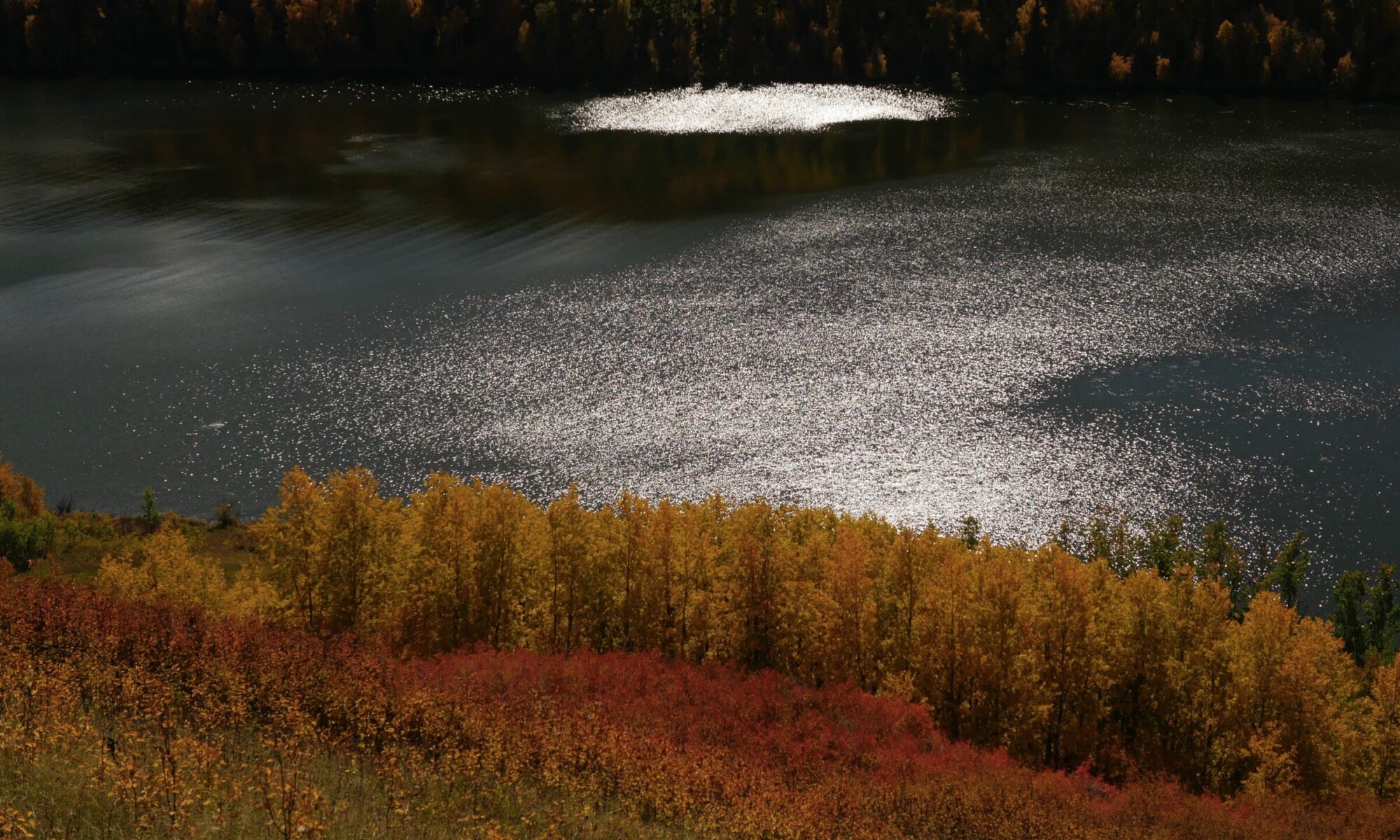In reading Wendell Berry, I feel an immense urge to get in my truck, drive home to the farm I grew up on and hop on a tractor to help my Father finish harvesting.
I grew up on a little farm, about 16 hundred acres, on a reserve up north.
The sad realization that I have come to in reading Wendell is that I do not know how to use the land well. I do not have or make the time to use it well and I most definitely cannot afford to use it well. Yet, when people ask me if I’m a farm girl, I gloat and happily say yes. It is true that I have grown up hearing my father talk about how frustrating it is that the flood has taken away more than half our crop yield, or that he’ll have to sell X many cows if he expects to feed every cow with enough food this winter. But that’s just it I have heard stories like that all of my life, it’s all he talks about yet I still do not know how he operates the farm. I do not know his crop rotation, I do not know where he has decided to plow, I do not know how he knows every cow and bull in the fence, I just do not know…
I am in the line to inherit this land, yet I know nothing of it.
I feel that when I say that, I am a farm girl, diminishes those who work so hard to know the nature around them, to know how to cultivate it, or in Wendell’s words, to know how to converse with nature.
Wendell talks about a law that states, ” Land that is in human use must be lovingly used; it requires intimate knowledge, attention, and care.”
At this point in my life, I can honestly say that I could not tend to the land to the extent that my Father does now and I don’t know if I will be able to. My motivation to go back to the farm is very low. For so long I have been told to get an education and do better for myself then to live back home. I could have never predicted that it would be my education, my critical thinking, and my profs would subtly be pushing me back to the farm. Unfortunately that’s how I see it. That I would be working backwards. Talking to people who are still so captivated and blinded by the capitalistic and consumer culture, I too become blinded by greed. Through this cultural perspective, going back home would be seen as failure. I know in my heart that working with the land would have an ineffable spiritual value. My senses would connect to nature. I could learn to converse with nature… To learn and use all of my senses. So why!!! Why am I still so attracted to a culture that degrades and prevents the maturity of my mind and soul!!
2 Replies to “Ya, I’m a farm … No actually, I just grew up on a farm”
Comments are closed.

RE from Samantha’s post: I think it’s important for us to not place blame or guilt on ourselves for straying away from our rural roots, or think there is something missing inside of us. Farming is a difficult lifestyle with today’s global food system. Furthermore, young people becoming educated and staying in the cities (or urban settings) where they were educated is a global phenomenon. The same story that exists in Canada is the same story I heard from farmers as well as young people in Cuba this summer.
If many of us are to return to farming or food production in our adult lives, it is important to be frank and acknowledge that the lifestyle is indeed difficult. Romanticizing a certain lifestyle and ignoring the challenges associated with it would only lead to a temporary change. That said, food is the foundation of our societies, and the focal point of all celebration and ritual. We cannot live without food. Just as important as actually grow food is to also the fight for a shift in the societal impression of our food producers. A farmer is not an uneducated rural person, but someone who has intimate knowledge of place, including the science at work in that place. A farmer is a soil scientist, a geologist, a botanist, a meteorologist, a home economist…
It’s so true! Listening to that pull back to the land is life-giving and brings us back into harmony, but, like the curse of humanity, we cannot return to the past. We must follow that call forward into creating something that works and answers the questions of our times. The world is a more complicated place – the systems we function within make increasing demands on us. This does not mean we are without hope. We are innovative creatures who know, as Colin said, INSTINCTIVELY what good food is. Every time we share food in community, grow food for ourselves, and spread that abundance, we are participating in revolutionary acts. When you have many small acts, we have great change.
Check out this TED talk on weekday vegetarianism. Makes you consider what just altering a little can do.
http://www.ted.com/talks/graham_hill_weekday_vegetarian.html